Commentary
Why we don’t extend the school year by five weeks and make those last five weeks lower pressure and more fun for both students and teachers?
When I left for college, I knew I wanted to do something to help my community and ensure that money stayed in the neighborhood. But what I thought would be a law degree, turned into me running the stucco business with my dad.
This fall’s superintendent evaluation will be a waste of everyone’s time. But it’s not too soon to start searching for a reputable, national organization to conduct a 360 evaluation of Superintendent Alex Marrero.
I’m going to suggest three ideas to improve outcomes for schools, the problem we are solving for, associated myths, associated facts, the theory of change, the change idea, and the level of spice I think it might contain.
While the current board appears marginally more open to innovation than its predecessor, the administration of Superintendent Alex Marrero still seems hostile to the concept, and could continue chipping away at autonomies and funding mechanisms that make a zone viable.
Middle school. It is a transition point in life like no other. It brings with it so many physical, mental, emotional, and spiritual changes, and you just can’t leave it to chance that every place will be the best place for your kid. The roll of the dice won’t cut it here.
We have board members and community members who speak about injustice, but do little to tackle the injustices that exist with our students’ academic achievement. Two things can happen at once without being in conflict; we can fight historic systems of oppression while also holding all leaders – including Black and brown ones – to account.
My hope for my students is they are able to pursue their passions and endeavors in an unrestricted way and know they have the power to change the world and seize their own futures. We tend to discount youth, but they have a voice and power in that.
If you’re a Black man in education, you can kind of tell when something drastic is going to happen. When I told my highly effective buddy whom I hired that I was heading to get fired, he was in disbelief.
This new Colorado bill is needed because no federal law currently exists outlawing the practice across the country. Data from public schools telling the truth about seclusion is nonexistent, because most schools have not had to report on or conduct research about the practices and outcomes of using it.






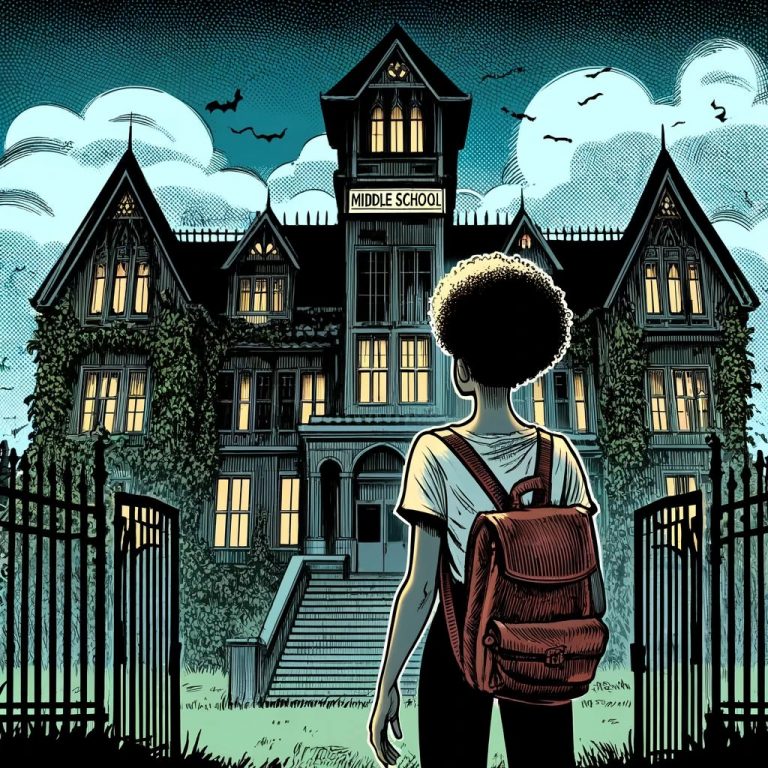
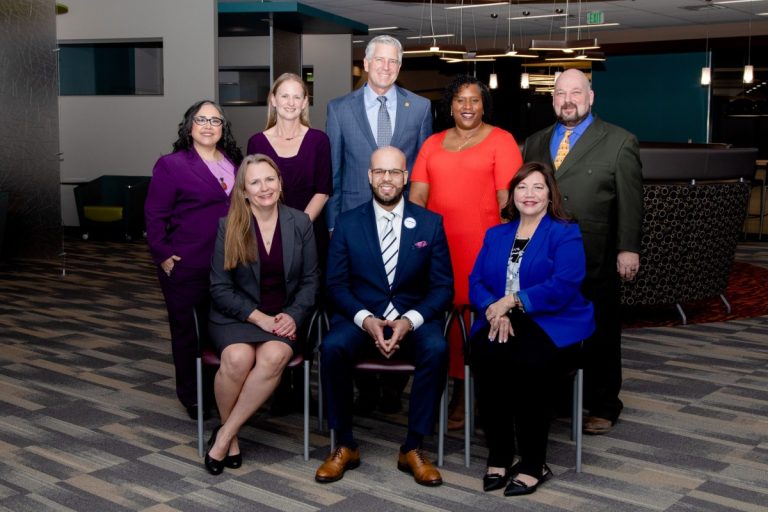





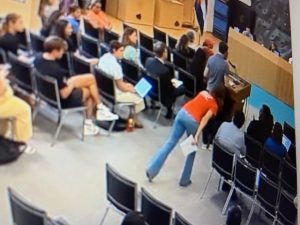
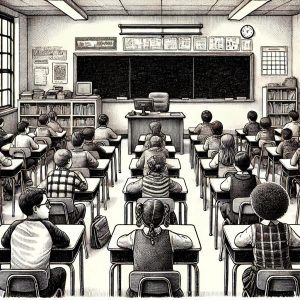
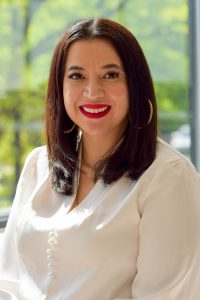
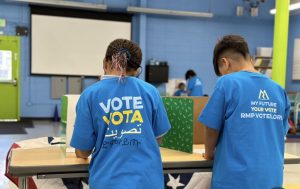

Data reveal the shocking breadth and depth of Colorado’s reading crisis
More than 9,000 Colorado high school students have been on a plan since third grades for students with “significant reading deficiencies.” While we have focused reading interventions on the primary years, clearly the crisis continues through elementary school and well beyond.